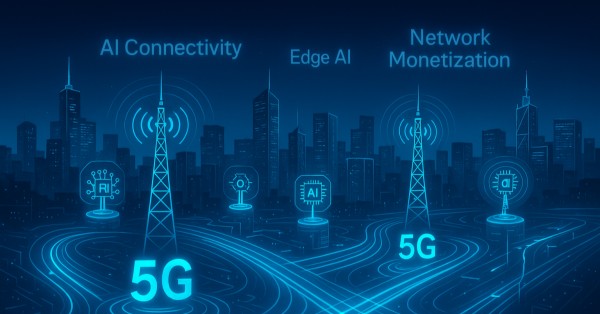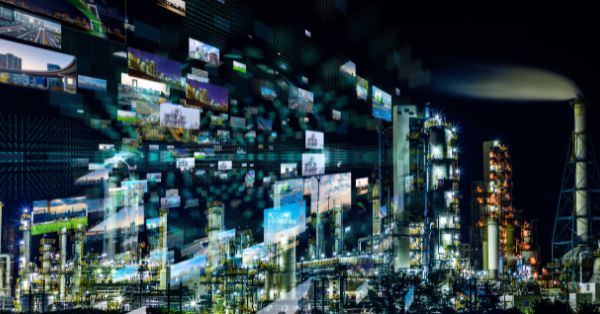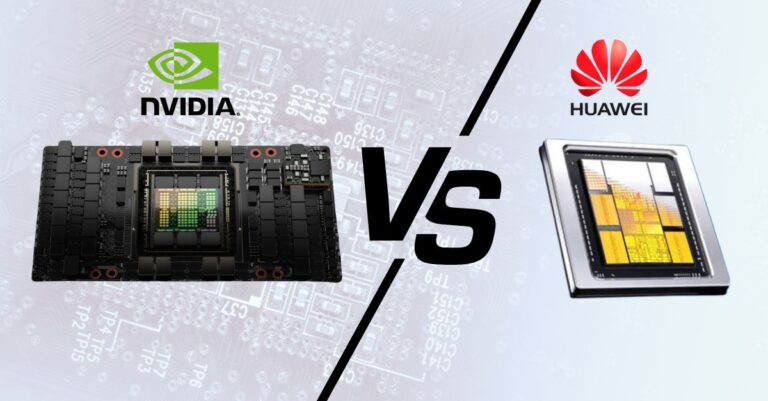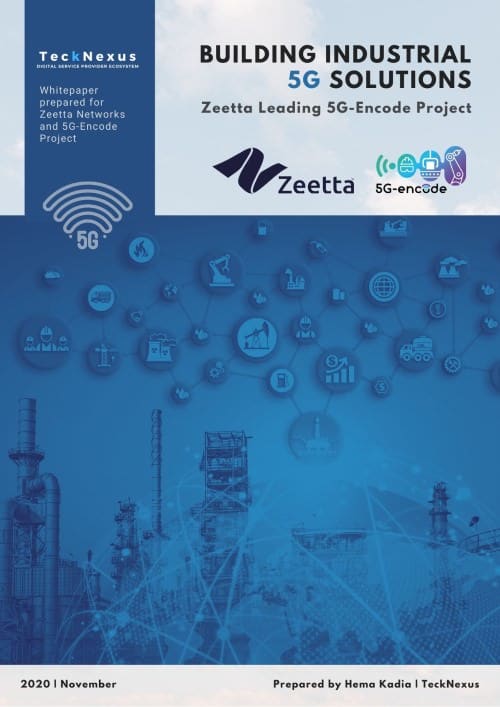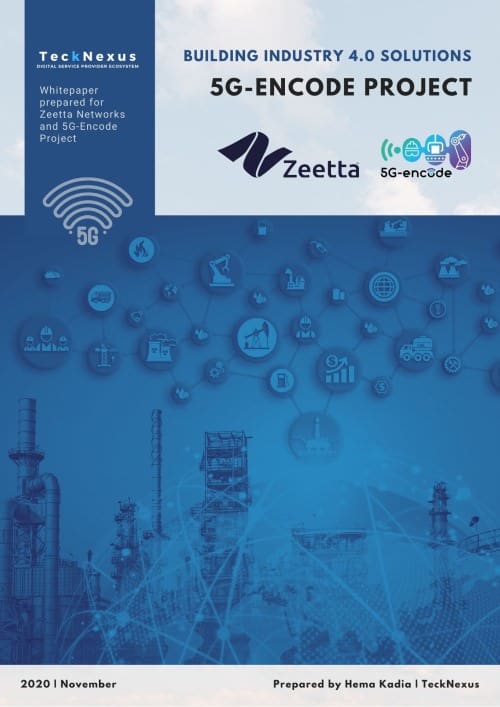Microsoft CEO Satya Nadella announced the formation of a new internal organization, CoreAI – Platform and Tools, focused on advancing AI infrastructure and software development for both first-party and third-party customers. The new division will be led by Jay Parikh, former CEO of cloud security startup Lacework and VP of engineering at Meta. Parikh, who joined Microsoft in October 2024, will report directly to Nadella and work closely with other senior leaders to drive AI innovation.
In a memo to employees, Nadella described the group’s mission as building the “end-to-end Copilot & AI stack” to enable businesses and developers to create and operate AI applications and agents seamlessly. The announcement highlights Microsoft’s continued push to integrate artificial intelligence into its ecosystem while maintaining its leadership in AI infrastructure and tools.
A New Era of Developer-Centric AI Infrastructure with Microsoft CoreAI
The formation of CoreAI consolidates multiple teams, including Microsoft’s AI platform, developer division (Dev Div), and portions of the Office of the CTO division. This restructuring underscores Microsoft’s commitment to ensuring AI remains a central focus as it reshapes how applications are built and deployed.
According to Nadella, the focus will be on “model-forward” applications, emphasizing AI-powered solutions that redefine existing application categories. This aligns with Microsoft’s broader AI strategy, which has been fueled by its partnership with OpenAI and the widespread adoption of generative AI technologies like ChatGPT.
“Our success in this next phase will be determined by having the best AI platform, tools, and infrastructure,” Nadella wrote in his internal memo. “Ultimately, our organizational boundaries are meaningless to both our customers and our competitors.”
Jay Parikh Leads Microsoft’s AI Innovation with CoreAI
Parikh’s appointment brings significant expertise to the CoreAI division. During his time at Meta, Parikh oversaw technical infrastructure projects and large-scale data center operations, critical elements for supporting advanced AI systems. At Microsoft, he will collaborate with key executives, including:
- Mustafa Suleyman, co-founder of DeepMind and current leader of Microsoft’s Copilot AI initiatives.
- Scott Guthrie, who oversees Microsoft’s cloud and enterprise group.
- Kevin Scott, Microsoft’s Chief Technology Officer.
This collaboration is intended to integrate AI capabilities across Microsoft’s cloud, developer tools, and enterprise applications, ensuring cohesive growth across the company’s AI offerings.
How Microsoft’s CoreAI Reinforces Its AI Leadership
Microsoft has been a dominant force in AI development, largely due to its partnership with OpenAI. As the primary investor and cloud partner for OpenAI, Microsoft has integrated OpenAI’s large language models into products like Azure, Office 365, and GitHub Copilot. These tools are already transforming areas such as code generation, content creation, and workflow automation.
However, Microsoft is also positioning itself as a competitor to OpenAI in some areas. Over the summer, Microsoft added OpenAI to its list of competitors in SEC filings, signaling a “cooperation tension” between the two companies. Nadella acknowledged this dynamic in a recent podcast, emphasizing the importance of balancing collaboration and competition.
Expanding AI Beyond Internal Boundaries with CoreAI
With CoreAI, Microsoft aims to make AI capabilities accessible to a broader audience. The group’s work will include providing developer tools for building AI applications and enabling third-party businesses to harness AI agents for their own use cases.
The company’s recent focus has been on enabling developers to deploy AI at scale with greater efficiency. Parikh’s experience at Meta and Lacework positions him to lead this charge, leveraging his expertise in building scalable infrastructure and cybersecurity.
In his new role, Parikh will lead efforts to:
- Streamline AI platform development for enterprise customers.
- Enhance developer tools to integrate AI functionalities more effectively.
- Expand Microsoft’s AI infrastructure to support emerging AI-driven applications.
Reshaping Application Development with AI Integration
Nadella’s vision for Microsoft’s AI future revolves around model-forward applications that leverage cutting-edge AI to transform entire software categories. The CoreAI division will focus on creating tools and platforms that allow developers to easily integrate AI into their applications, empowering businesses of all sizes to innovate.
By consolidating its developer and AI teams, Microsoft is addressing the growing demand for AI-powered solutions in various industries. This strategic move positions Microsoft to stay ahead of competitors like Google and Amazon, both of which are investing heavily in their own AI platforms.
Enhancing Copilot and Democratizing AI with CoreAI
Microsoft’s Copilot initiative has become a cornerstone of its AI strategy. Introduced across multiple products, including GitHub, Word, Excel, and Teams, Copilot uses generative AI to assist users with tasks ranging from coding to content creation.
With the establishment of CoreAI, Microsoft is doubling down on its commitment to enhancing the Copilot ecosystem and ensuring that third-party developers can build their own AI-powered tools. This approach aligns with the company’s broader goal of democratizing AI and making it accessible to businesses and developers worldwide.
Conclusion: A Strategic Bet on AI
Microsoft’s formation of the CoreAI group underscores its belief that AI will be a driving force in the next era of technology. By bringing together its AI and developer teams under the leadership of Jay Parikh, the company is positioning itself to lead the AI revolution both internally and for its customers.
With significant investments in infrastructure, tools, and partnerships, Microsoft is ensuring that it remains at the forefront of AI innovation. As Nadella emphasized, the company’s success in this phase will depend on its ability to provide the best AI platform and tools, empowering businesses and developers to build the future of AI-powered applications.
This bold move not only reinforces Microsoft’s commitment to AI but also sets the stage for a competitive and innovative future in the global AI landscape.






